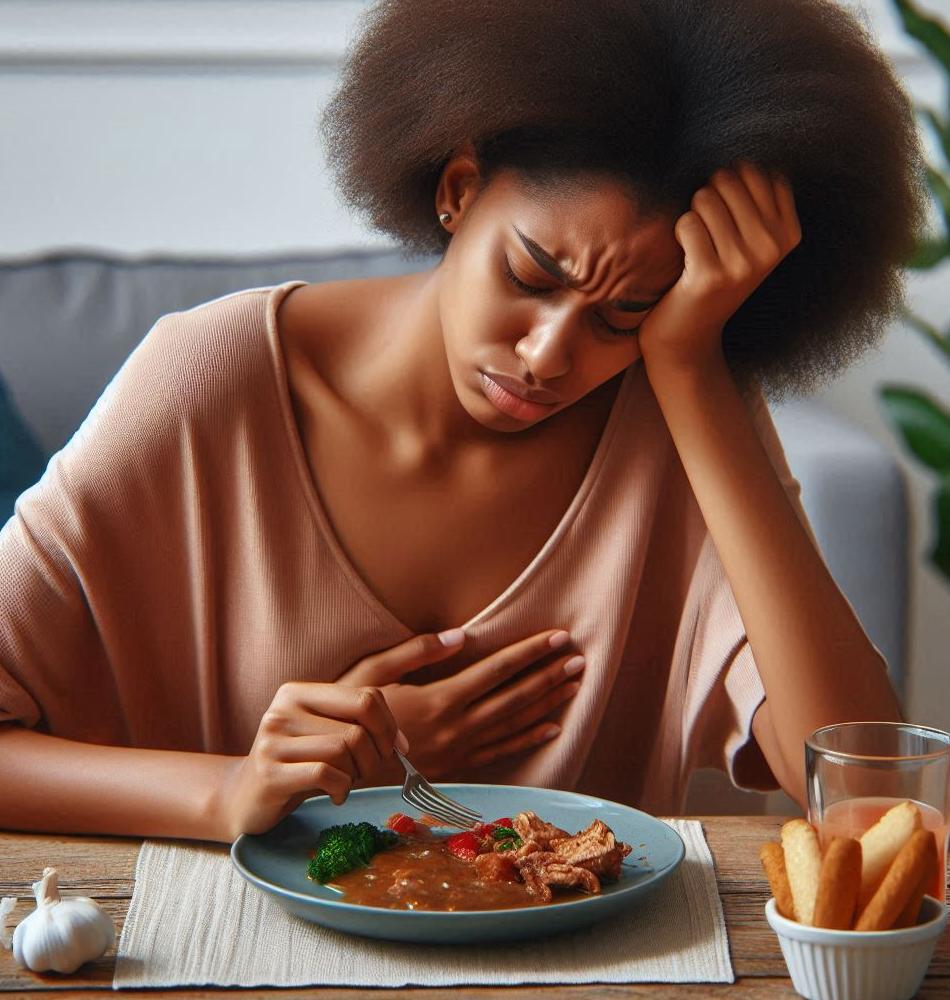Explore the reasons behind persistent vomiting after eating and learn about potential causes, symptoms, and solutions.
Have you ever found yourself wondering why do I keep puking after eating? This perplexing issue can wreak havoc on your daily routine and significantly affect your quality of life. Imagine the discomfort of enjoying a delicious meal, only to have your body rebel against it in a fit of nausea. Let’s delve into the reasons behind this puzzling phenomenon, addressing everything from dietary choices to medical conditions.
Understanding the Mechanics of Vomiting 🍽️
Before we dive deep into the causes, it’s essential to understand what vomiting is. Vomiting, also known as emesis, is a forceful expulsion of the contents of the stomach through the mouth. Your brain triggers this reaction, often as a defense mechanism against toxins or irritants. It can happen for various reasons, ranging from benign to more concerning underlying medical issues.
Common Causes of Post-Meal Vomiting 🌟
There are a myriad of reasons why someone might experience vomiting after meals. Here are some key culprits to consider:
1. Food Intolerance or Allergies 🚫
Food intolerances and allergies can lead to unpleasant reactions following meals. Common offenders include:
- Dairy products for lactose intolerant individuals
- Gluten for those with celiac disease or gluten sensitivity
- Shellfish or nuts for individuals with allergies
2. Gastroesophageal Reflux Disease (GERD) 🔥
GERD occurs when stomach acid flows back into the esophagus, leading to a fiery sensation and sometimes vomiting. If you frequently experience heartburn or regurgitation in addition to vomiting, GERD could be the reason.
3. Gastritis or Stomach Inflammation 🌡️
Gastritis refers to the inflammation of the stomach lining, which can result from stress, infections, or certain medications. This inflammation may lead to symptoms such as nausea and vomiting after meals.
4. Overeating 🍕
Believe it or not, simply indulging in too much food can stimulate vomiting. The stomach may become overstretched, sending signals to the brain indicating it needs to release some of its contents.
5. Infection or Food Poisoning 🤒
A gastrointestinal infection or food poisoning is often accompanied by vomiting, but symptoms can vary based on the cause. Bacterial or viral infections can lead to inflammation in the stomach or intestines, resulting in nausea post-meals.
Identifying Symptoms 📋
Understanding the accompanying symptoms can help pinpoint the cause of frequent vomiting. Pay attention to the following:
Accompanying Symptoms 🤕
If you notice any of these symptoms, it may provide clues as to what's going on:
- Abdominal pain or cramping
- Nausea or queasiness before vomiting
- Diarrhea or constipation
- Fever or chills that may indicate an infection
- Fatigue or weakness
When to Seek Help 🩺
While occasional vomiting is not typically a cause for alarm, persistent vomiting after meals can signal a more serious issue. It’s essential to seek medical attention if you experience any of the following:
Signs of Serious Concern 🚨
- Weight loss or dehydration due to inability to keep food down
- Severe abdominal pain
- Blood in vomit or stool
- Persistent vomiting that lasts more than 24 hours
Diagnostic Tests ⚗️
To identify the cause of vomiting, healthcare providers may suggest various tests, which could include:
Common Diagnostic Tools 🔍
- Blood tests to check for infection or inflammation
- Ultrasound or CT scans to visualize organs
- Endoscopy to examine the esophagus and stomach
Treatment Options 🩹
Once a diagnosis has been made, treatment can vary greatly based on the cause. Here are some common approaches:
1. Dietary Modifications 🥗
If food allergies or intolerances are causing the problem, eliminating those foods from your diet may be necessary. Keeping a food diary can help track what you eat and the symptoms that follow. When avoiding certain foods, consider:
- Consulting a nutritionist
- Trying an elimination diet to identify culprits
- Maintaining a balanced diet focusing on whole and unprocessed foods
2. Medication 💊
Based on the diagnosis, a healthcare professional may prescribe:
- Antacids or proton pump inhibitors for GERD
- Anti-nausea medications to control vomiting
- Antibiotics if a bacterial infection is present
3. Lifestyle Changes 🏃♀️
Incorporating certain lifestyle changes can benefit those who experience vomiting after meals:
- Avoiding triggers such as spicy foods or caffeine
- Eating smaller, more frequent meals
- Practicing relaxing activities to reduce stress
Frequently Asked Questions ❓
- What should I do if I vomit frequently after meals?
- Can anxiety contribute to vomiting after eating?
- Are there any home remedies to help with post-meal vomiting?
- Is it safe to self-diagnose the reason for vomiting?
Conclusion 🌈
In conclusion, the question of why do I keep puking after eating encompasses a wide range of potential causes, from dietary indiscretions to more serious medical conditions. Paying attention to symptoms, seeking professional guidance, and making necessary lifestyle adjustments can help you navigate this distressing issue. Remember, your health is paramount, and consulting a healthcare provider should always be your first step if you notice recurring vomiting problems.

